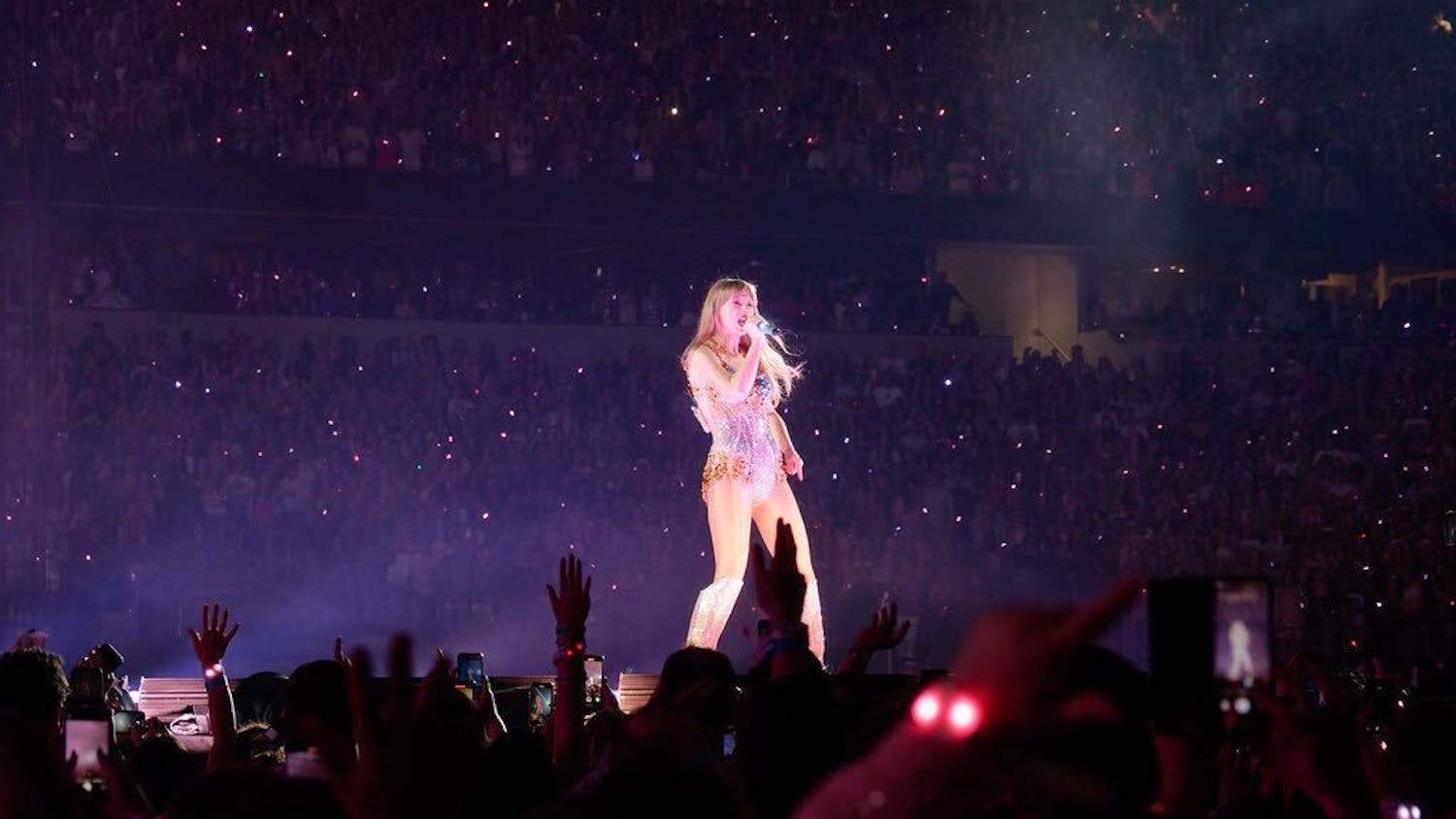While scouring the internet for background on Pearson Sound’s self-titled debut, something stuck out to me. Reviewers had an interesting habit of dividing the record into two categories: club music and experimental music. It was as though one couldn’t be the other; “Glass Eye” was clearly the minimalist grind for the club, while “Headless’s” warbled echo swirls with the kind of antipathy that wouldn’t be caught dead on a dancefloor.
That notion makes sense in a way–the previously mentioned “Headless” isn’t exactly a song for vigorous movin’ or groovin’. It’s mellow and dissonantly melodic, with a non-existent beat that only bursts out of silence for a second or so. Yet, to draw a line down the middle of Pearson Sound betrays what Pearson Sound is: a remolding of techno’s traditional drabble that folds and warps those static beats into something more.
Take “Russet,” a minimalist breakdown that stumbles across a changing beat warped by the subtle calls of synthesizers. There’s the devoted reliance on electronic percussion rumbling through it, but it’s muted and twisted into something a little more engaging. It’s steady, but playfully changes shape as it continues. Or take “Rubber Tree,” a rattling fit of electronics that fades in and out as its club beat crackles against an assembly line before stretching into a finale of warbled drones.
Where Pearson Sound goes wrong is simply in its monochromatic length. Songs that pulsate beyond the five-minute mark don’t really carry the dynamics warranting that timeframe. 40 hypnotic minutes go past, and little’s changed since Pearson Sound kicked things off with “Asphalt Sparkle.” Yet, to a trained ear, the dissonant calls scattered throughout might be just gripping enough to keep you spellbound.
There’s moments the album would rather warm up than breakdown, like opener “Asphalt Sparkle.” There’s also moments where electronica’s perceived club adherence is lost altogether, like “Headless.” But Pearson Sound largely morphs club tropes into a minimalist frolic, one that changes shape with every mumbled and rumbled beat. To semantically divide it with titles like “club music” and “experimental” is a joke. Through sometimes too homogenous distortion and tempered beats, Pearson Sound proves that those untouchable club beats can easily be reconciled with that exploration so many writers tried to hide it from.
Grade: B-





